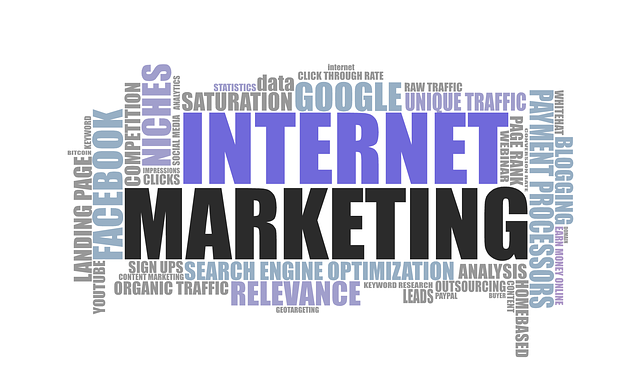AI marketing automation has revolutionized restaurant operations, offering personalized experiences and improved efficiency through data analysis and automated processes. However, this technology also brings significant cybersecurity risks, including data breaches and online attack vectors. Restaurants must balance the benefits of AI with robust security measures to protect sensitive customer data and maintain business continuity in a competitive digital landscape. By leveraging machine learning and predictive analytics, AI strengthens defenses against cyber threats, enhances risk management, and bolsters overall cybersecurity posture, making it an indispensable tool for modern restaurant operations.
In today’s digital era, understanding the interplay between business strategies and cybersecurity is paramount. As businesses, especially restaurants, navigate a bustling landscape of online operations, they face intricate cyber threats. Artificial Intelligence (AI) emerges as a game-changer, revolutionizing cybersecurity measures. This article explores how AI enhances restaurant security, delving into its application in marketing automation while mitigating risks. We’ll uncover strategies to implement AI marketing automation for restaurants, fostering a robust and adaptive defense against evolving cyber threats.
- Understanding Business and Cybersecurity in the Digital Age
- The Role of AI in Enhancing Cybersecurity Measures
- Strategies for Implementing AI-Powered Marketing Automation in Restaurants
Understanding Business and Cybersecurity in the Digital Age

In today’s digital age, business and cybersecurity have become inextricably linked. As businesses increasingly adopt technologies like AI marketing automation for restaurants, they open up new avenues for growth but also create complex security challenges. The integration of artificial intelligence (AI) into marketing strategies has revolutionized how restaurants engage with customers, offering personalized experiences and streamlining operations. However, this advancement also exposes them to potential cyber threats, from data breaches to malicious attacks aimed at disrupting online ordering systems.
Understanding these dual aspects—the transformative power of AI in business and the heightened cybersecurity risks—is crucial for organizations aiming to thrive in a competitive digital landscape. As businesses leverage AI marketing automation, they must simultaneously invest in robust security measures to protect sensitive customer data and maintain operational continuity. This delicate balance ensures that restaurants can harness the benefits of AI while navigating the complexities of an ever-evolving cyber environment.
The Role of AI in Enhancing Cybersecurity Measures

In today’s digital era, the culinary industry, much like any other sector, faces an array of cybersecurity challenges. From protecting sensitive customer data to securing online transactions, restaurants are increasingly turning to Artificial Intelligence (AI) for enhanced security measures. AI marketing automation, a powerful tool in the restaurant space, offers more than just targeted advertising; it plays a pivotal role in fortifying defenses against potential cyber threats.
By leveraging machine learning algorithms, AI systems can analyze vast amounts of data, identify patterns, and predict potential vulnerabilities. This proactive approach enables restaurants to implement robust security protocols. For instance, AI-driven systems can detect anomalies in network activity, swiftly responding to suspicious behaviors and mitigating the risk of data breaches or malware attacks. Furthermore, AI automation streamlines security processes, allowing for efficient risk management and improved overall cybersecurity posture, ensuring that both customers’ data and the restaurant’s operations remain safe and secure.
Strategies for Implementing AI-Powered Marketing Automation in Restaurants

Implementing AI marketing automation in restaurants can transform the way businesses engage with their customers, creating a personalized and efficient experience. The first step is to define clear goals, such as improving customer retention or streamlining order placement. Once established, utilize AI-driven tools to analyze customer data, including purchase history and behavior patterns, to segment audiences effectively. This enables tailored marketing campaigns that cater to individual preferences, increasing the likelihood of conversions.
Restaurants can leverage AI chatbots for instant customer support, taking orders, and providing recommendations. Automated email and SMS campaigns, powered by AI, can be scheduled based on customer interactions and preferences, ensuring timely communication. Additionally, AI algorithms can optimize pricing strategies by analyzing market trends and competitor data, enhancing profitability without compromising customer satisfaction.
In today’s digital age, integrating AI marketing automation for restaurants can significantly bolster both business operations and cybersecurity measures. By leveraging AI, restaurant owners can streamline processes, enhance customer interactions, and fortify their digital defenses against emerging threats. Adopting these strategies not only fosters efficient and secure online environments but also positions restaurants as innovative leaders in the industry.
